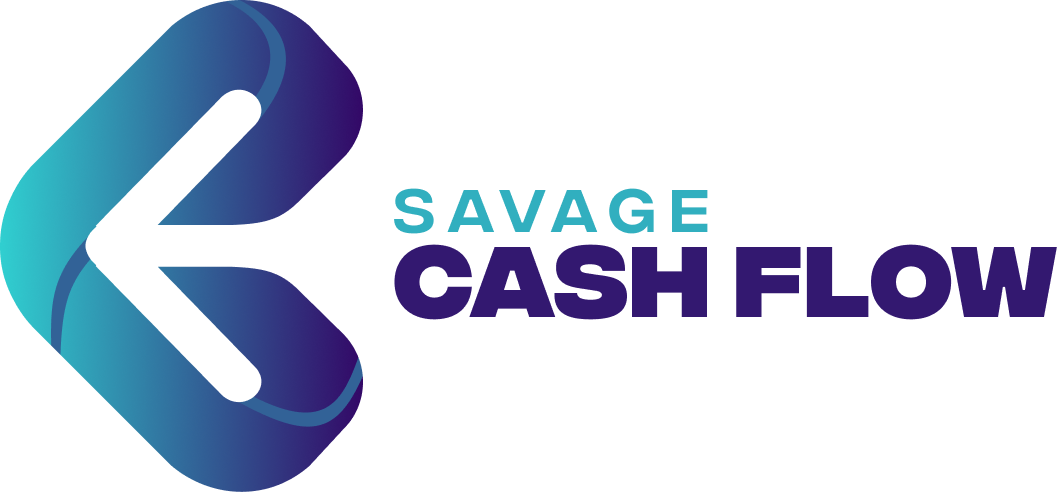
Young Britons turn to social media for self-diagnosis amid mounting mental health concerns

An estimated two million young people in the UK are self-diagnosing mental health issues without consulting a medical professional, according to new research from insurer AXA Health.
The report’s findings highlight a growing reliance on social media platforms such as TikTok and Instagram for what young Britons perceive as expert guidance on conditions ranging from anxiety and depression to neurodiverse challenges like ADHD and autism.
The study revealed that nearly 30 per cent of 16 to 24-year-olds have declared themselves to be suffering from mental health conditions before ever speaking to a clinician. Among that cohort, roughly 11 per cent attribute their symptoms to neurodiverse conditions. The trend underlines a broader concern as a mounting mental health crisis affects educational engagement, workforce participation, and ultimately economic productivity.
Industry observers say the surge in self-diagnosis is partly driven by inadequate access to professional mental health services. With both public and private healthcare channels beset by long waiting lists, many young people feel cut off from timely, tailored support. Instead, they turn to social media, where content creators—often with no medical qualifications—share personal experiences or oversimplified symptom lists that can be misleading.
Dr Will Shield, a psychologist at the University of Exeter, warns that this environment risks normal emotions being classified as pathology. “Social media can be incredibly powerful, but it’s rife with misinformation. Without professional insight, young people may misinterpret ordinary feelings as signs of serious conditions,” he said.
While influencers can raise awareness, their highly individualised stories seldom account for variations in how conditions present. ADHD, for instance, manifests differently in each person. Interpreting such anecdotal experiences without clinical context can lead to unnecessary anxiety, inappropriate self-labelling, and misguided attempts at self-care.
The AXA Health report also shows twice as many people use social media to identify potential mental health issues compared with physical ailments—a troubling indicator that digital platforms exert an outsized influence on psychological well-being. With economic and social ramifications on the line, these findings prompt urgent calls for improved mental health education, better access to professional services, and more stringent regulation of online health content.
Unless addressed, the reliance on self-diagnosis and informal guidance risks exacerbating a mental health landscape already under strain. The challenge lies in empowering young people to differentiate between credible resources and social media myths, while policymakers, healthcare providers, and employers collaborate to deliver reliable, accessible mental health support.
Read more:
Young Britons turn to social media for self-diagnosis amid mounting mental health concerns
